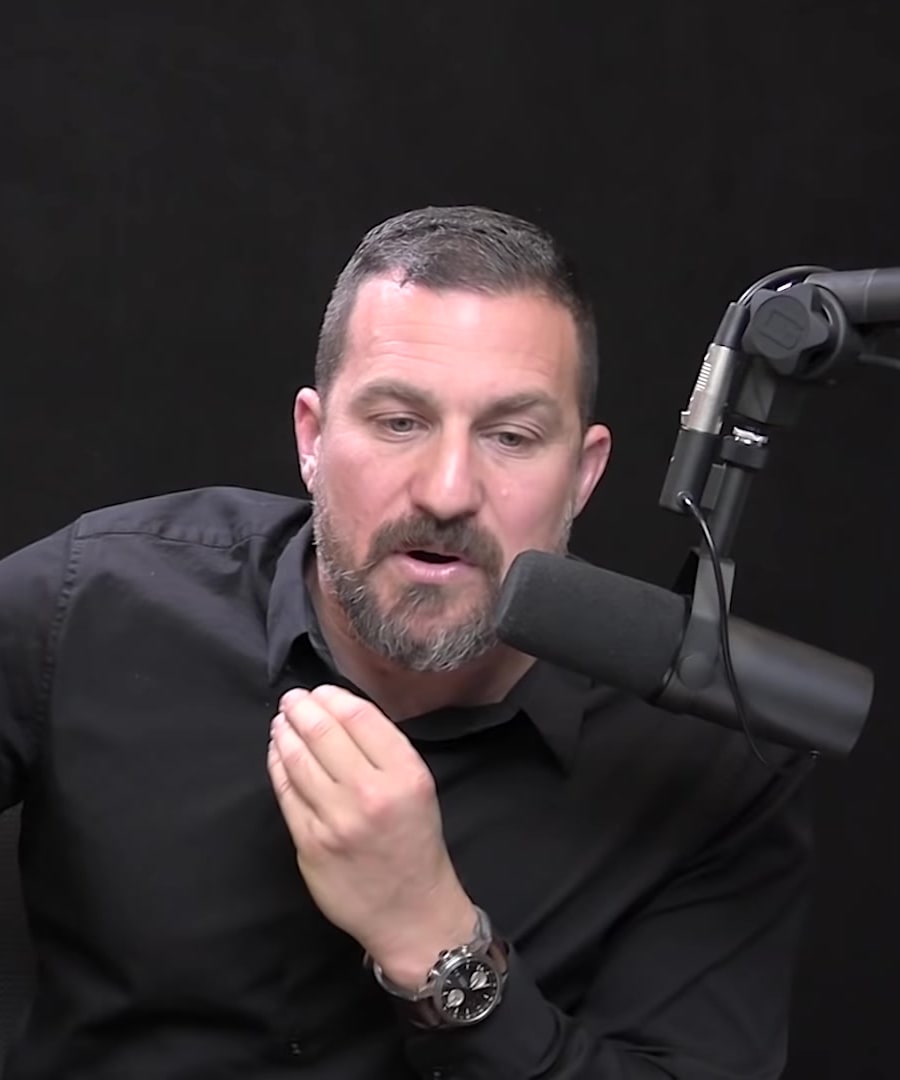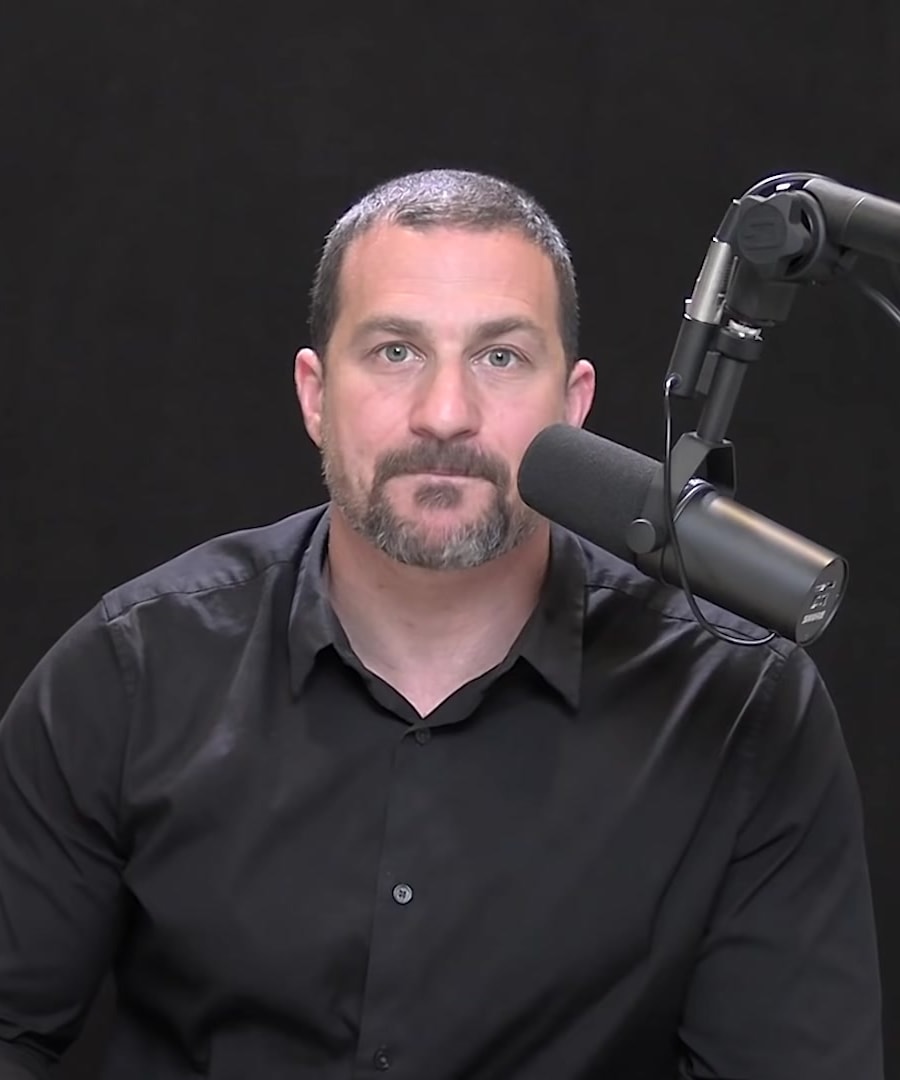are there any breathing techniques i can use to wake myself up when tired?
Sources:
Yes, there are specific breathing techniques that can help wake you up when you feel tired. suggests two main strategies:
-
Super Oxygenation Breathing: This involves inhaling more than exhaling on average during a breathing session. By making your inhales deeper and longer, you can increase alertness. If you breathe very fast following this method, it helps to deploy norepinephrine, which makes you more alert 1.
-
Inhale Deep, Short Exhale: Taking a big deep inhale followed by a shorter, less vigorous exhale is another effective method to increase your level of alertness. This increases your heart rate and can make you feel as if you've had a cup of espresso 2.
Both techniques work by manipulating your body's autonomic arousal, helping shift from a state of tiredness to increased alertness.
RELATED QUESTIONS-
Can you explain Super Oxygenation Breathing?
Sources:
Super Oxygenation Breathing, often discussed alongside techniques like Tummo breathing or the Wim Hof method, involves a pattern of rapid and deliberate breathing known as deliberate hyperventilation. This approach generally includes cycles where you intensely inhale and exhale (typically around 25 cycles), often through a combination of nose and mouth breathing.
Benefits and Physiological Effects:
- Alertness: The rapid movement of the diaphragm during this form of breathing triggers the release of adrenaline, dramatically increasing alertness. For individuals with anxiety, this can provoke heightened anxiety or even an anxiety attack due to the intense stimulation.
- Adrenaline Release: Similarly to how cold exposure leads to adrenaline release, Super Oxygenation Breathing stimulates the adrenal glands through the physical stress of rapid breathing, further contributing to alertness and readiness.
This technique is particularly powerful for inducing a high-alert state, making it a useful option for situations requiring immediate mental clarity and focus 1. However, it should be approached with caution, especially by those prone to anxiety or panic attacks, due to its intense effects.
RELATED QUESTIONSso i do it for 25 breaths, correct? is there a maximum number of times i can do it? does it have diminishing returns the more often i do it?
Sources:
Yes, you start with about 25 cycles of rapid, deliberate hyperventilation. This often involves inhales and exhales through the nose and mouth, aimed to increase alertness and stimulate adrenaline release 1.
As for frequency and potential diminishing returns:
-
Frequency of Practice: While the exact maximum number of times you can perform this breathing technique per day isn't specified, the intensity of the exercise suggests it should be done with caution. Daily repetition could lead to increased stress levels or amplify anxiety, so it’s often recommended to integrate such practices with proper awareness of your physiological and psychological responses.
-
Diminishing Returns: Repeated frequent use might lessen the surprising effect on your adrenaline systems over time, as your body adapts to the stressor. Additionally, given the anxiety-inducing potential of the practice especially for those prone to anxiety or panic attacks, increasing usage might not necessarily translate to increasing benefits.
-
Context of Use: It might also be used strategically rather than routinely—such as a quick method to harness focus and alertness when needed, rather than a regular part of a daily routine.
Always be mindful of personal limits and consult a healthcare provider if uncertain about the effects or before starting any new health regimen 2.
RELATED QUESTIONS-
How many times a day is safe?
Sources:
It is recommended to practice your chosen stress management or breathing technique every day or every other day for about 20-30 minutes. This frequency establishes a routine that your body and mind can adjust to, and it optimizes the benefits obtained from these practices 1.
Performing stress management or breathing exercises more frequently throughout a single day could enhance certain physiological benefits, like reducing stress or improving concentration. However, overdoing it without adequate rest or exceeding what makes you feel comfortable could potentially lead to increased stress or even a decreased effect due to adaptation.
If engaging in intense practices like hyperventilation-based techniques, it's crucial to listen to your body and avoid overuse to prevent negative physiological effects. For gentler techniques like box breathing, consistency and maintaining a pattern that fits comfortably are key, with adaptations and increased duration occurring gradually as your tolerance and control improve 2.
RELATED QUESTIONS
are there any breathing techniques i can use to wake myself up when tired?
- RELATED QUESTIONS
Can you explain Super Oxygenation Breathing?
- RELATED QUESTIONS
so i do it for 25 breaths, correct? is there a maximum number of times i can do it? does it have diminishing returns the more often i do it?
- RELATED QUESTIONS
How many times a day is safe?
- RELATED QUESTIONS





